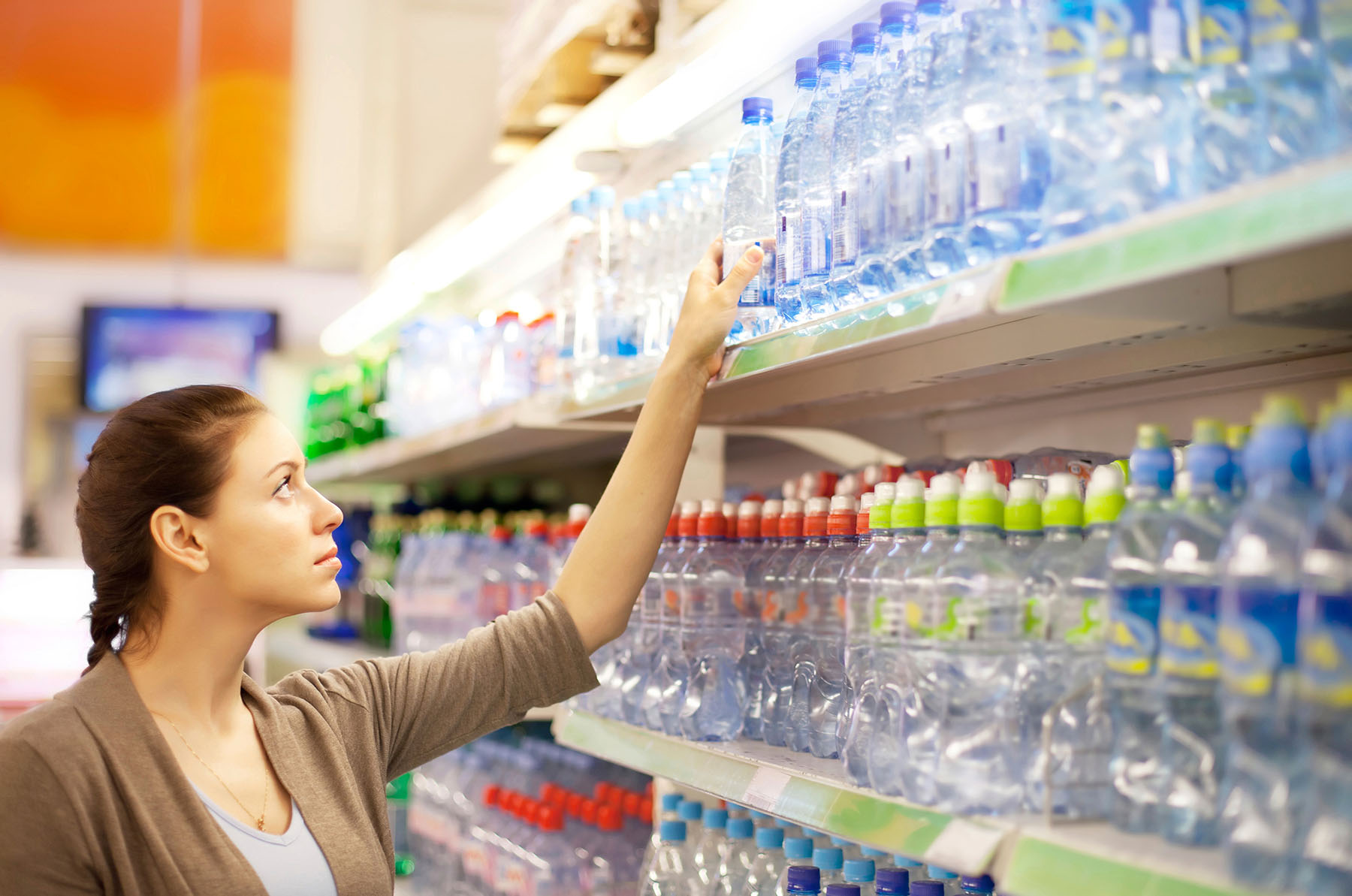How to Hydrate: Navigating the Water Market

Since childhood, we can recall the importance of hydration for our health. Pages in science textbooks in elementary school laid out water’s benefits, with charts showing the human body being roughly 60% of water and the recommended amount of eight glasses a day.
However, the textbooks didn’t account for many choices are available to stay hydrated. The water sales market has, indeed, become saturated with options for purchase, such as smart, mineral, vitamin, and even flavored water.
Marketing tactics vs. the truth about water
“These smart and vitamin water beverages may seem like a good option, but many times we already get these additional benefits through solid food,” says Diego Alejandro Garzon, a registered dietitian with the University of Miami Health System. “Beware of the many water alternatives as some may have added sugars and be more beneficial if you are being physically active vs. sedentary.”
If you decide to consume these types of water, always ensure you are aware of any existing health conditions they may affect. The added electrolytes, including sodium or sugar, may add up if that is the only water type you consume daily.
What about filtered, distilled, or spring water?
While these are under the umbrella of plain water, there is a difference in their purification levels.
Distilled water is a type of purified water that removes contaminants and natural minerals. In contrast, spring water is purified by natural filters, like sandstone, clay and limestone — all sampled and analyzed to meet FDA and EPA standards for consumption.
“For most healthy adults, there is no need to consume a specific type of water,” Garzon says. “Most regular consumption, tap water or spring water are solid choices since they tend to contain important minerals and electrolytes that may be missing from people’s diet.”
Where does flavored water fall in the health spectrum?
Found in packets or liquid forms, flavored water has been marketed as a fun way to drink water by changing its color and flavor. This form of water may benefit those that do not like the taste of regular water or are looking to change things up a bit.
“While there are some great flavored/enhanced waters out there, it’s important to be aware of waters that may have added sugars,” Garzon said. “Making sure we are reading the food label of these beverages is important.”
When it comes to water consumption, there is no one size fits all approach.
Stay in tune with your body’s cues, whether through water bottles that keep track of your water intake, drinking eight glasses a day or whenever you feel thirsty.
The many different types can have additional benefits, such as electrolytes for optimal performance or provide a more enjoyable way to consume water. All of these are safe while in moderation and awareness of any existing physical conditions such as chronic kidney disease, heart failure and diabetes.
It’s also important to remember we also get water from the foods we eat, emphasizing the value of some fruits and vegetables, especially if they are raw.
“The main goal with hydration is to make it a priority in your day,” Garzon said. “Get a large water bottle, fill it with some ice, add some fresh fruit for taste and enjoy a refreshing day within moderation.”
Joseph Garcia is a Communications Specialist at UHealth.
Tags: Diego Alejandro Garzon, good hydration, infuse the water, Nutrition, sign of dehydration, symptoms of dehydration
